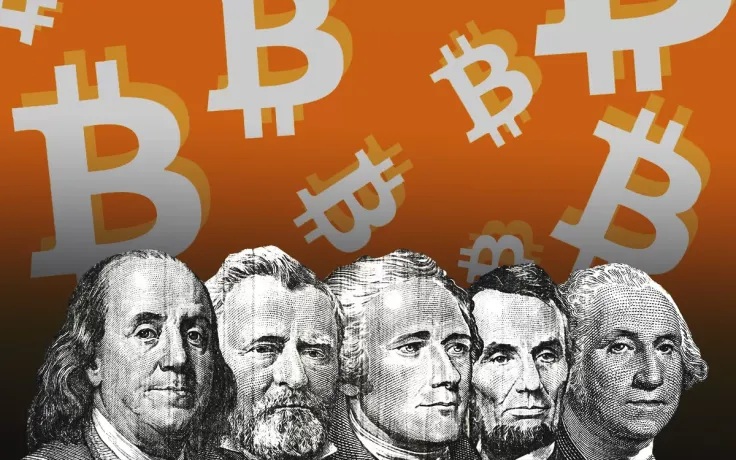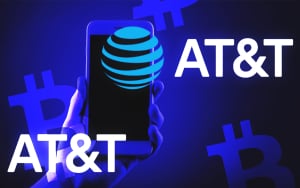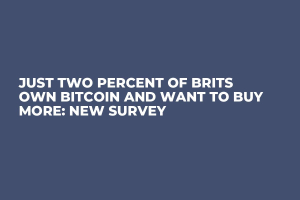
According to a new Coinbase report, which was published on Bitcoin's 11th anniversary, the number of Americans who use Bitcoin now exceeds the maximum circulating supply of the world's first cryptocurrency.
As someone mentioned, there are now more US bitcoin users than there will ever be BTC in circulation. https://t.co/zhGRikimMz?from=article-links
— Tuur Demeester (@TuurDemeester) November 1, 2019
The San Francisco-based crypto behemoth has estimated that 27 million Americans use Bitcoin in 2019, which represents roughly nine percent of the US population. Meanwhile, there will be only 21 mln orange coins that will be mined in total.
"Email was invented in 1972 but it took until 1997 for adoption to surpass 10 million people. The television set was invented in 1927 but by the end of the 1940s only 2% of American families owned one. Bitcoin, on the other hand, went from an idea in 2008, and a first transaction in 2009, to over 27 million users in the US alone in 2019, or 9% of Americans," the blog post states.
Advertisement
Coinbase CEO Brian Armstrong recently recalled the day when he found out about Bitcoin back in 2010. It instantly occurred to him that Bitcoin could be the most significant invention since the internet.
Back in 2010 I read the Bitcoin white paper for the first time - perusing Hacker News one day. It immediately captured my attention. I felt like it could be the most significant idea I'd encountered since the internet.
— Brian Armstrong (@brian_armstrong) October 31, 2019
As reported by U.Today, Bitcoin is a disinflationary currency, which means that the level of its inflation will be gradually decreasing until BTC reaches the 21 mln hard cap (it is expected to happen in 2140).
With each reward halving (the next one will happen in May 2020), Bitcoin becomes more scarce, which historically creates a bullish case for the coin's price.
However, the fact that you will not be able to buy a full Bitcoin doesn't mean that you are already late to the party.
According to a study published by CryptoRadar, 64.8 percent of Americans are not planning on putting their money into "digital gold" anytime soon. Hence, it's evident that this asset is still in a very early stage of its adoption.


 Vladislav Sopov
Vladislav Sopov Dan Burgin
Dan Burgin